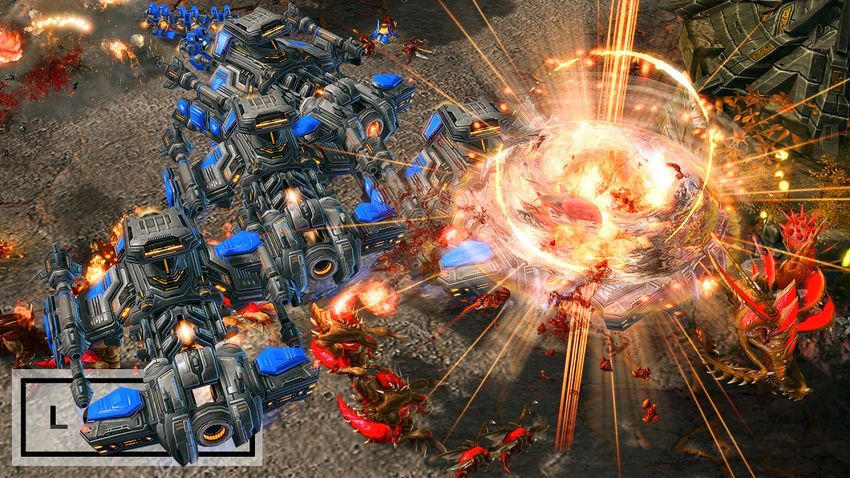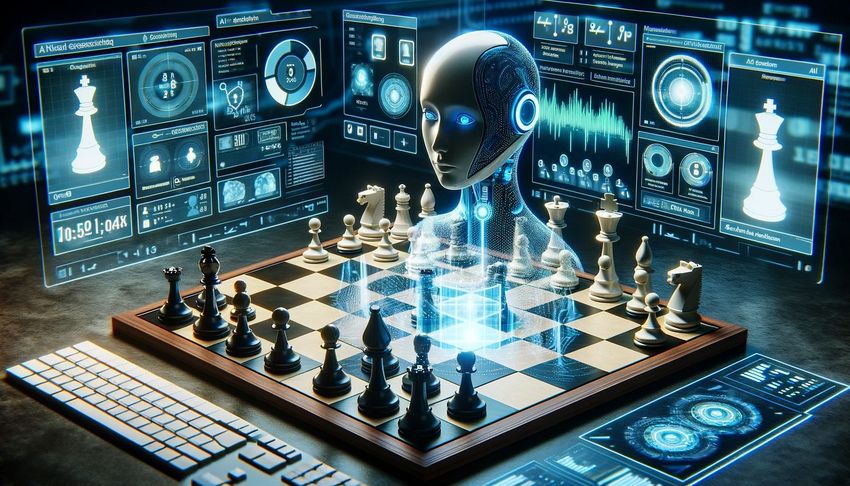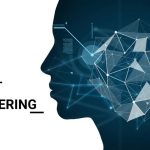Gaming has long been a fertile ground for artificial intelligence (AI) innovation, offering structured environments where algorithms can learn, compete, and excel. The evolution of AI in gaming not only showcases technological milestones but also reflects broader trends in AI research and development. Let’s dive into how AI in gaming has evolved, from mastering chess to dominating complex multiplayer games like Dota 2.
Early Days: The Birth of AI in Chess
The story of AI in gaming begins with chess, a game that has fascinated mathematicians, scientists, and engineers for centuries. Early efforts in computer chess date back to the mid-20th century, with programs like Alan Turing’s basic chess engine in the 1950s. However, the most significant milestone came in 1997, when IBM’s Deep Blue defeated world champion Garry Kasparov in a highly publicized match.
Deep Blue’s success was rooted in brute-force computation and expert-designed evaluation functions. It could analyze millions of positions per second, leveraging sheer computational power rather than human-like intuition. While impressive, Deep Blue’s approach highlighted the limitations of early AI systems, which relied heavily on pre-programmed rules and lacked the ability to learn independently.
From Chess to Go: The Rise of Machine Learning
While chess is complex, it pales in comparison to Go, an ancient board game with vastly more possible positions. Traditional AI techniques struggled with Go until the advent of machine learning and neural networks. In 2016, DeepMind’s AlphaGo shocked the world by defeating Lee Sedol, a Go grandmaster, using a combination of supervised learning (training on human games) and reinforcement learning (self-play to improve performance).
AlphaGo’s approach marked a paradigm shift. Instead of relying on pre-programmed rules, it learned strategies autonomously, demonstrating the power of deep learning in solving complex problems. This breakthrough wasn’t just a victory for AI in gaming; it was a leap forward for AI research as a whole.
AI in Modern Video Games: Real-Time Strategy and MOBAs
As video games evolved, so did the challenges for AI. Unlike chess or Go, modern games like StarCraft II and Dota 2 involve real-time decision-making, incomplete information, and teamwork—factors that make them far more complex.
StarCraft II: A Testbed for Reinforcement Learning

DeepMind’s AlphaStar tackled StarCraft II, a real-time strategy game requiring resource management, long-term planning, and quick reflexes. In 2019, AlphaStar defeated professional human players, showcasing AI’s ability to handle dynamic environments. The success of AlphaStar relied on advanced reinforcement learning techniques, multi-agent systems, and extensive training using millions of simulated matches.
Dota 2: Mastering Multiplayer Cooperation
OpenAI’s achievement in Dota 2 pushed the boundaries even further. Unlike StarCraft II, Dota 2 is a multiplayer online battle arena (MOBA) game that demands teamwork, adaptability, and understanding of human behavior. OpenAI Five, the team of AI agents developed for Dota 2, learned to collaborate effectively through reinforcement learning and self-play.
In 2019, OpenAI Five defeated world-class Dota 2 players, demonstrating AI’s ability to perform in highly complex, unpredictable settings. This accomplishment highlighted the potential of AI to excel in tasks requiring real-time coordination and long-term strategic planning.
The Future of AI in Gaming
The journey of AI in gaming is far from over. As games become more sophisticated, AI will face new challenges, such as understanding human emotions, adapting to unpredictable strategies, and balancing fairness in competitive settings. Moreover, the integration of AI into game design and development promises to revolutionize how games are created and experienced.
From mastering board games to excelling in complex multiplayer environments, AI’s evolution in gaming reflects its broader trajectory: a relentless push toward intelligence, adaptability, and collaboration. As we look ahead, the lessons learned from gaming AI will continue to inspire and shape the future of artificial intelligence.


